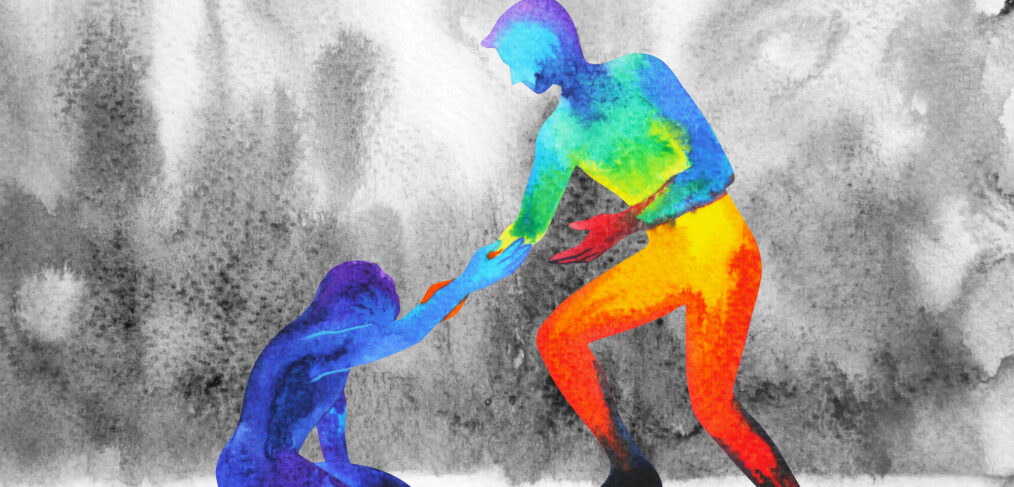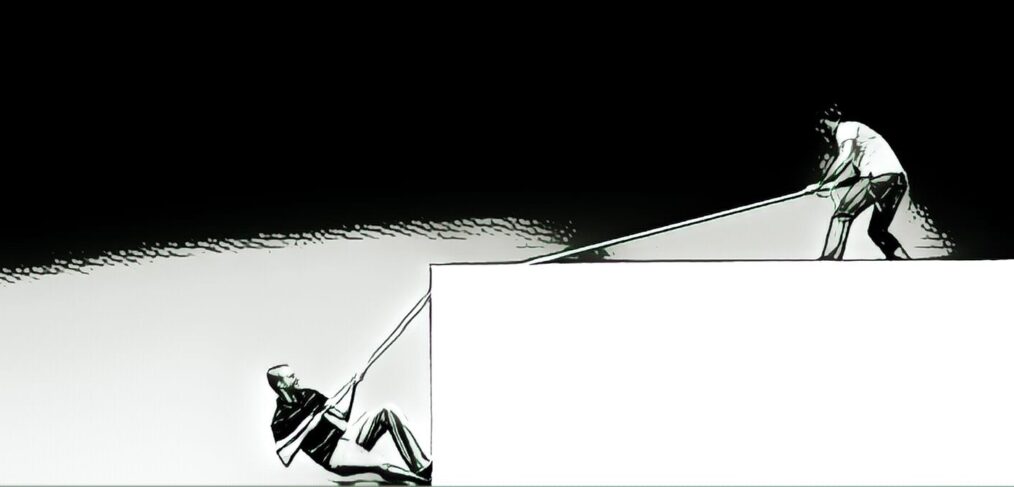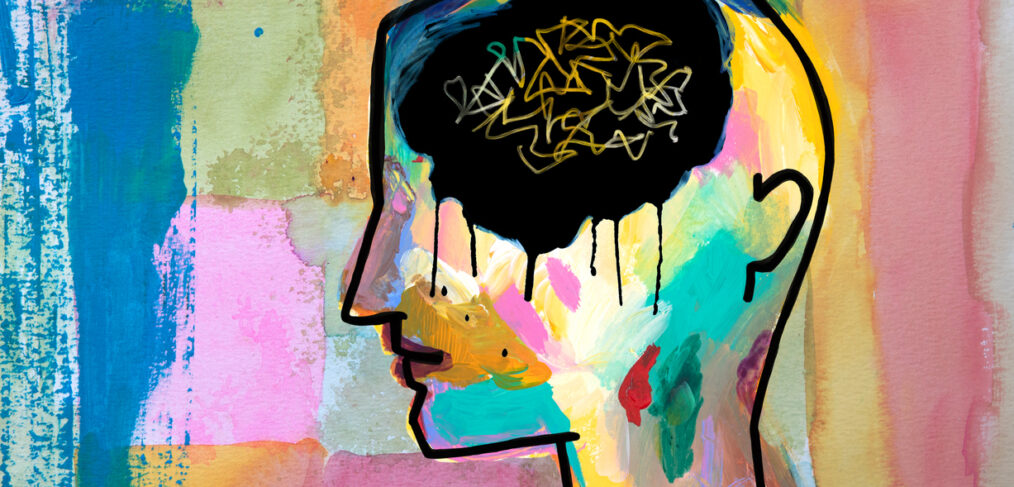It all starts with something small.
Don’t use so much water when you do the dishes!
Now, I know how to do the dishes. I’ve been doing the dishes since I was seven (it was one of my childhood chores), but for the sake of argument, let’s say I’ve been doing them every other day since I was 21. That’s 6,387 times I’ve done the dishes (a conservative estimate, as I sometimes do them several times a day, or every day for stretches). I’ve never had a dishwasher. I know how I like to do them. Maybe I do run more water than some, but I also do them faster, as I’m not waiting for a trickle of water to clear off the soap. And if that’s my luxury in life, it’s really not too much to ask. There is no regional water shortage—in fact, it’s been raining like crazy. We’re paying extra for the water—estimated at an extra $6 per month—but it’s money I’m perfectly willing to spend to do the dishes my way.
If you’re of the crazy opinion that this is something fairly small to be testy about and I’m being defensive, then you’re right (it’s one of the very few things my wife and I “argue” about). But it does make me irritable. How does something so small turn into something that impacts my emotional state? Why can’t I just say “that’s the way I like to do the dishes” and be done with it? The answer is precisely because it’s so small—I don’t feel the need to have a big discussion over it, so I let it get to me. These small, inconsequential emotions become bigger emotions that impact my overall emotional state.





